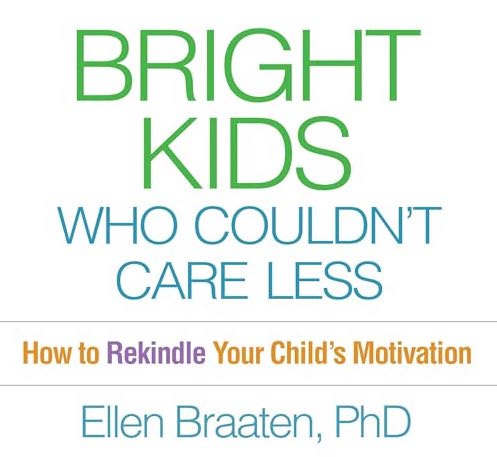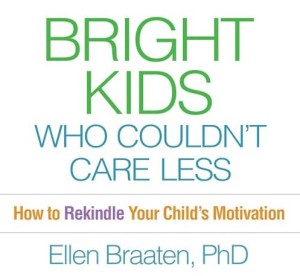

Crucially, while it may initially seem that the book caters solely to parents of young children, it offers a significant benefit by tailoring advice to various age brackets, ranging from five-year-olds to young adults in college. This inclusivity ensures that parents can find relevant insights and guidance not only for their current parenting challenges but also for those that may arise in the future.
The book weaves authentic stories of parents and their children into its narrative, exemplifying and fostering curiosity and creativity in the reader’s own experience. This approach not only captivates the reader but also compels them to apply the book’s contents to their own parenting journey.
The initial part of the book lays the foundation by exploring the concept of motivation and introducing key terms and basic theory. While the book does touch on theory, it does so lightly, ensuring that readers are not overwhelmed by technicalities. It sets the stage for a deeper dive into the factors that influence a child’s motivation – aptitude, pleasure, and practice. In recognizing that every child can experience a loss of motivation, the book emphasizes the importance of considering three essential factors: aptitude (natural talent), pleasure (the joy derived from their interests), and practice (repeated efforts to enhance skills). While these three elements interconnect, they each contribute a distinct aspect to the overall picture.
The subsequent part of the book delves further into these factors within the context of societal expectations and a child’s unique personality. It encourages parents to understand and adapt their parenting style to better align with their child’s motivation. The focus then shifts to goal-setting, with the book highlighting that happiness is a byproduct of pursuing meaningful objectives. It reinforces the idea that goals should not be seen as static endpoints, but rather as dynamic journeys filled with opportunities for growth and evolution. Additionally, the book offers guidance on addressing contemporary challenges such as managing sleep schedules, navigating social media, and accommodating learning differences.
However, there are moments when situations fall outside the realm of basic advice, requiring a more detailed exploration. In these instances, the author addresses concerns about a child’s motivation that extend beyond a simple “don’t care” attitude, providing valuable guidance for parents.
Throughout the book, the author consistently emphasizes the importance of seeking additional information and encouraging a shift in both the parent’s and their child’s perspectives on the world. Understanding one’s child and oneself is depicted as the cornerstone of effective parenting. The book seeks to empower parents, offering them ample reasons for optimism and embarking on an intriguing journey of nurturing and motivating their children. Indeed, this book reframes the notion of parenting an unmotivated child as an adventure rather than a burden.
Each chapter concludes with a practical plan of action, outlining what to think about, what to talk about, and what steps to take. This approach underscores the author’s recognition that parents not only desire theoretical knowledge but also seek practical tools to foster meaningful conversations with their children. It also addresses the often-overlooked aspect of parenting, which involves reframing one’s thinking about parenting. The author’s approach revolves around understanding both oneself and one’s child, working collaboratively with the child to help them make the most of their learning and life journey.
The book equips parents with practical tools, including diagrams and surveys, to facilitate a deeper understanding of both their child and themselves as parents. This self-awareness stands as a crucial component of the book’s message, emphasizing that it’s not solely about engaging with one’s child but also about comprehending one’s unique role as a parent. The author further highlights the need for parents to explore beyond the book’s pages, providing a valuable list of resources at the end. These resources guide readers toward additional insights and direction for their ongoing parenting journey.
In summary, Bright Kids Who Couldn’t Care Less is a must-read for parents seeking a comprehensive and actionable guide to understanding, nurturing, and maximizing their children’s motivation. It caters not only to parents of disengaged children but is a valuable resource for any parent. The book seamlessly blends storytelling with practical advice, empowering parents to confidently navigate the intricate terrain of parenting with optimism. It serves as an excellent introduction, providing parents with a solid foundation as they navigate the often rocky and unpredictable path of supporting their disengaged child.




